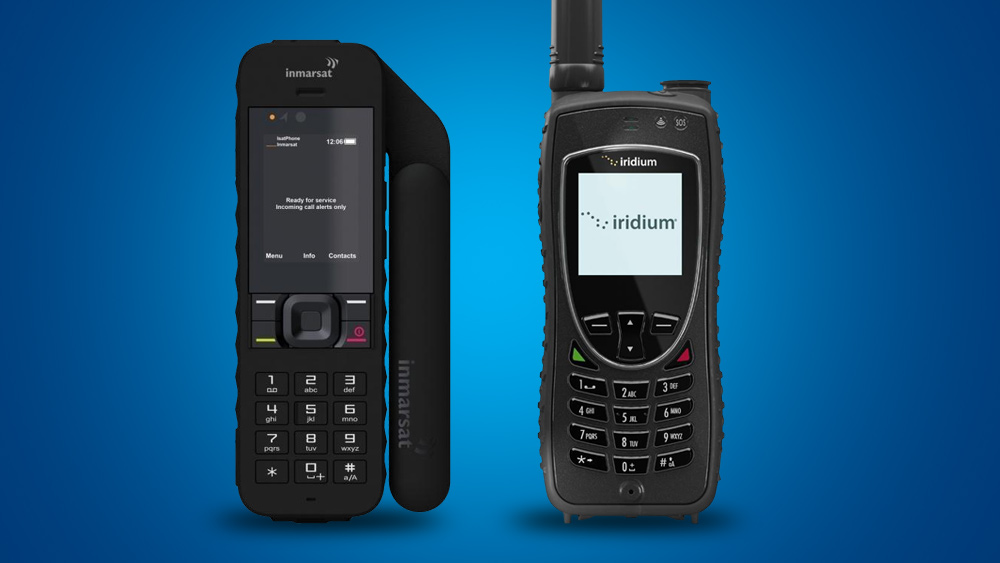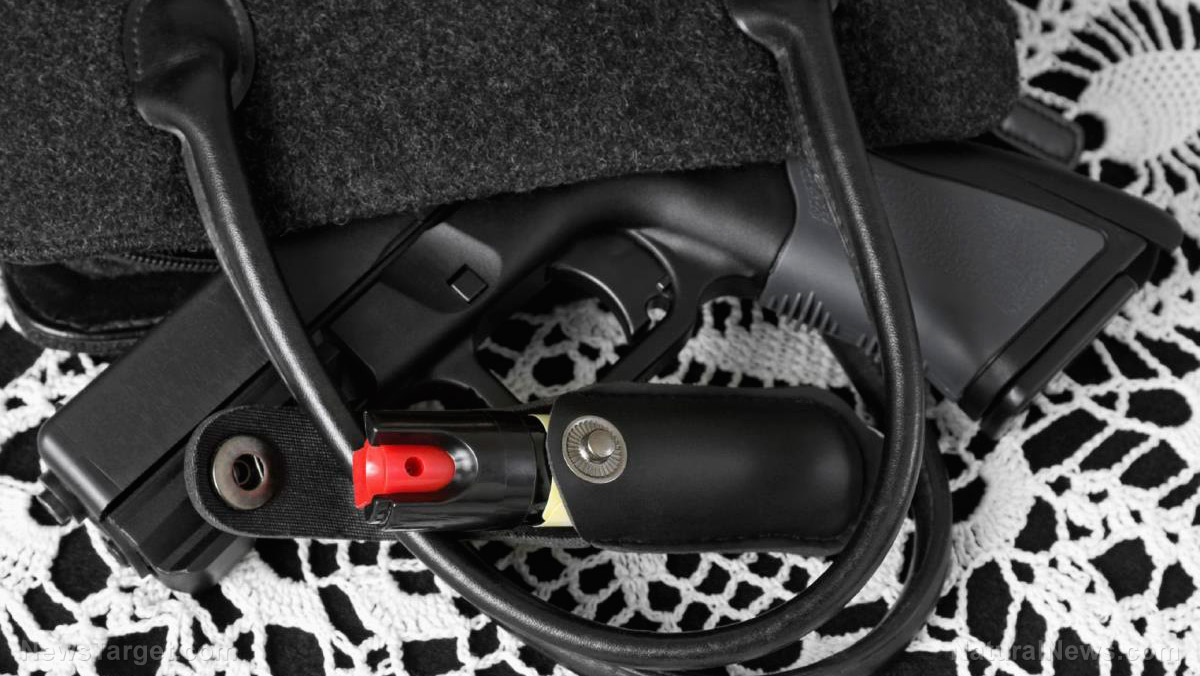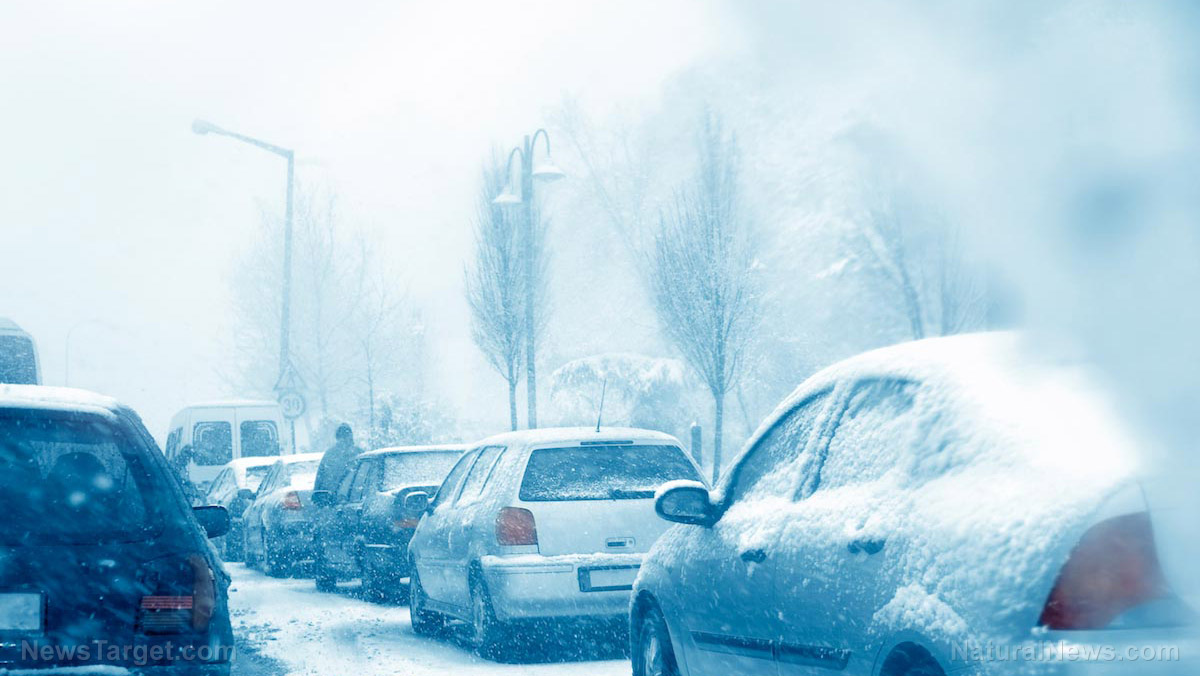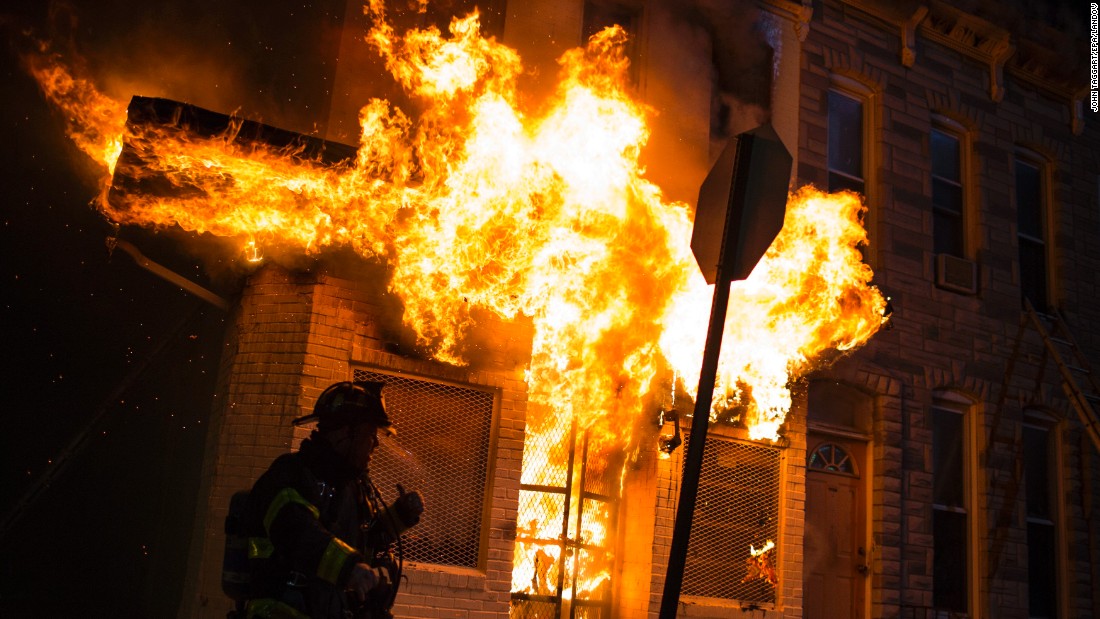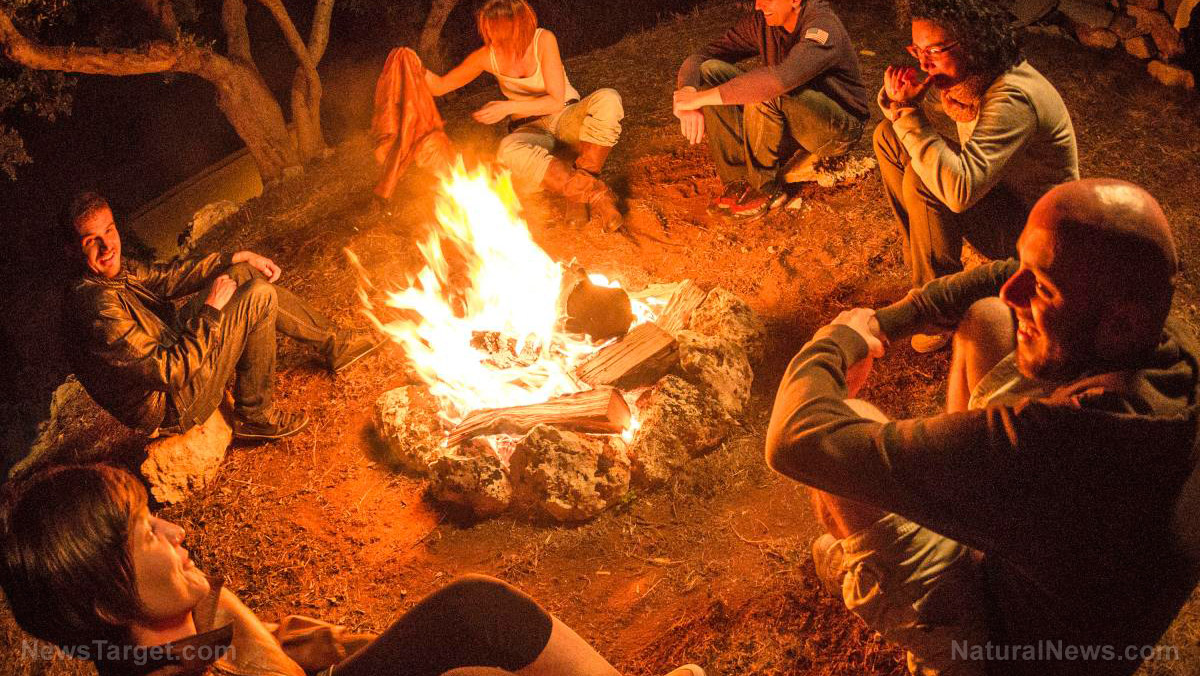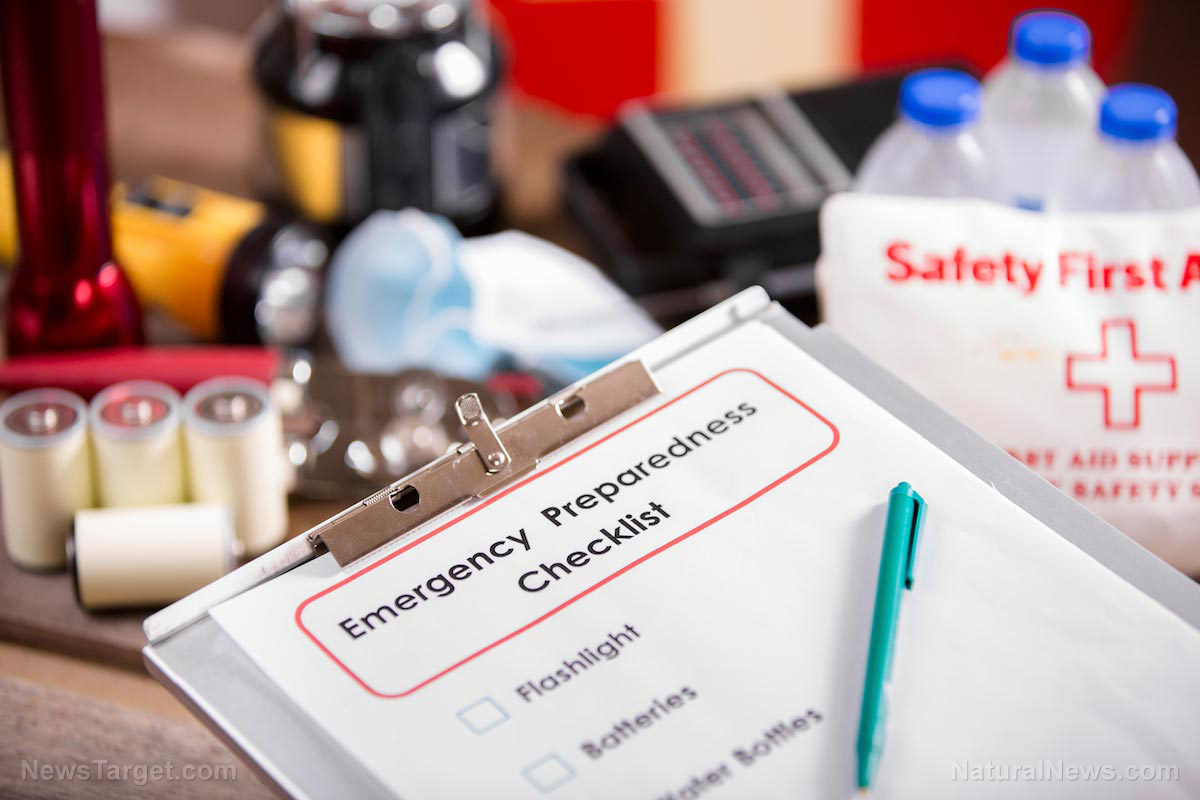Survival 101: How to scavenge for supplies after SHTF
04/15/2022 / By Zoey Sky
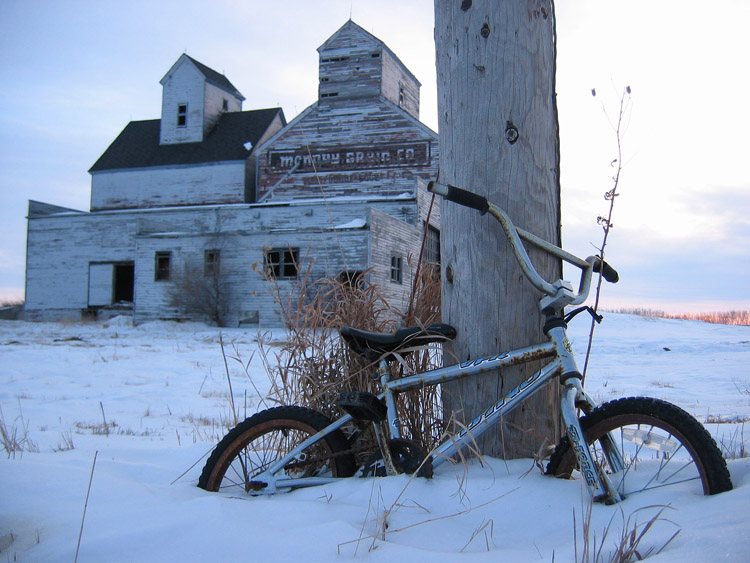
Most preppers get ready for survival scenarios by fortifying their homesteads and stocking up on food and water. But this isn’t always an option for other preppers, especially if you are worried about having to bug out or evacuate when disaster strikes.
If you think you may have to scavenge for supplies after SHTF, learn about “scavenger etiquette” and how to scavenge safely so you don’t get into trouble while looking for survival supplies. (h/t to TheSurvivalistBlog.net)
If you’re worried about your safety in a post-SHTF world, consider scavenging as a backup plan for when you have no other means of getting supplies. If there are other survivors in the same area, you might have to deal with some of them if you try to scavenge on their property.
Remember that there are many moral and practical issues to consider before you take unused supplies or materials in and around your area.
Scavenging vs. looting
When things are normal, scavenging and looting are considered the same. For example, if you are walking through the woods picking apples and other edible vegetation on someone’s land, you are taking fruits that belong to someone else.
But after SHTF, there is an important distinction to be made. Looting occurs when you take anything that you want without asking for permission, such as televisions, furniture, appliances or anything you might find in someone’s home or business.
Meanwhile, scavenging refers to the targeted taking of specific items that you need in order to survive, like medicine, food, water or weapons.
The main difference between the two is intent. Looting is about satisfying your own desires without any regard for the needs of others. Scavenging is about taking what you need so you can survive.
But even after disaster strikes, the things you will scavenge still belong to someone. (Related: Prepping tips: Scavenging in the city when SHTF.)
This is why you need to consider the effects of scavenging and what it might mean for you if there are other survivors living in a post-SHTF world.
Safety tips for scavengers
In addition to the social considerations, here are other things to remember when scavenging:
- Always be alert. A post-SHTF environment will be full of dangers that can hurt or kill you if you don’t pay attention.
- Never enter a building that is unstable or could fall down.
- Watch out for live electrical lines or energized water.
- Avoid any surfaces that could collapse or send you sliding.
- Watch out for dangerous animals.
- Don’t damage or contaminate any supplies you find.
- Think about how you will carry what you take. Is there enough space in your bag? Are you strong enough to bear the added weight?
- Can you rig up a cart or trolley to help you carry supplies? If you have a car, keep the vehicle secure and make sure your routes will not be blocked unexpectedly.
- Always be aware of who is watching you, or who might be around. Don’t scavenge in any area where you are being watched too closely.
- Always scavenge with a partner who can watch your back or help if you are attacked.
Where to scavenge after SHTF
When it comes to scavenging, you need to be fast if you want to find what you need before others do. If you live in areas of dense population, there will be a lot of other people also looking for the basics like food and water.
While stores, gas stations or groceries seem like the obvious choice, these places will quickly run out of supplies after SHTF. Even though you are still searching for the same things, you’re going to have to be more creative when thinking of where to find them.
Here are some alternative locations to scavenge for supplies after disaster strikes:
Industrial or commercial cafeterias
Large industrial or commercial campuses or large office buildings often have employee cafeterias that may contain a large amount of ready-to-eat food or basic necessities for your survival pantry. You may also find a large supply of cookware and bottled and ready-to-use propane or other fuels.
Generally, these facilities have large and generally well-stocked snack machines. While you shouldn’t survive on junk food alone, it’s better to have chips than nothing when you’re starving.
Amusement parks
Amusement parks are often full of well-supplied maintenance sheds and concession stands that will contain various tools, raw materials and food if you know where to look.
Getting into the park might be challenging since they are usually surrounded by tall fences and sturdy gates, but once you find a way in you can easily get the things you need. Get a map of the park while inside or download one now and keep it with your survival gear.
Gyms and wellness centers
Large, fully equipped gyms or health centers might contain medical supplies, especially those used to treat common sports injuries. You may also find a large stash of bottled water along with some sports drinks for electrolyte supplementation.
Keep an eye out for sports gear that can be used as protection in close quarters combat, like pads and clubs for football, hockey or lacrosse.
Pet stores
If you have pets with you, get supplies and pet food for them at a pet store. They will also need first aid supplies so check if the store has a pet first aid kit.
Cemeteries
Large, well-tended and properly maintained cemeteries will have a keeper’s residence or a large shed with all the tools professionals need to take care of cemetery grounds. Check for various tools, especially power tools and fuel to operate them.
If you’re lucky, you might find a small vehicle like a lawn tractor or a side-by-side four-wheel-drive that could be repurposed.
When SHTF, be prepared to scavenge for supplies. Always pay attention to your surroundings and scavenge with a partner for your safety.
Watch the video below for scavenging tips.
This video is from the Survival 101 channel on Brighteon.com.
More related stories:
Prepping skills: Save money by learning how to scavenge and repurpose.
11 Things you need to add to your get-home bag.
Advanced prepper tips to take your prepping to the next level.
Sources include:
Submit a correction >>
Tagged Under:
disaster, off grid, preparedness, prepping, prepping tips, scavenging, self-reliance, SHTF, survival, survival gear, survival supplies, Survival Tips, survivalist, urban scavenging
This article may contain statements that reflect the opinion of the author
RECENT NEWS & ARTICLES
COPYRIGHT © 2017 DISASTER NEWS

